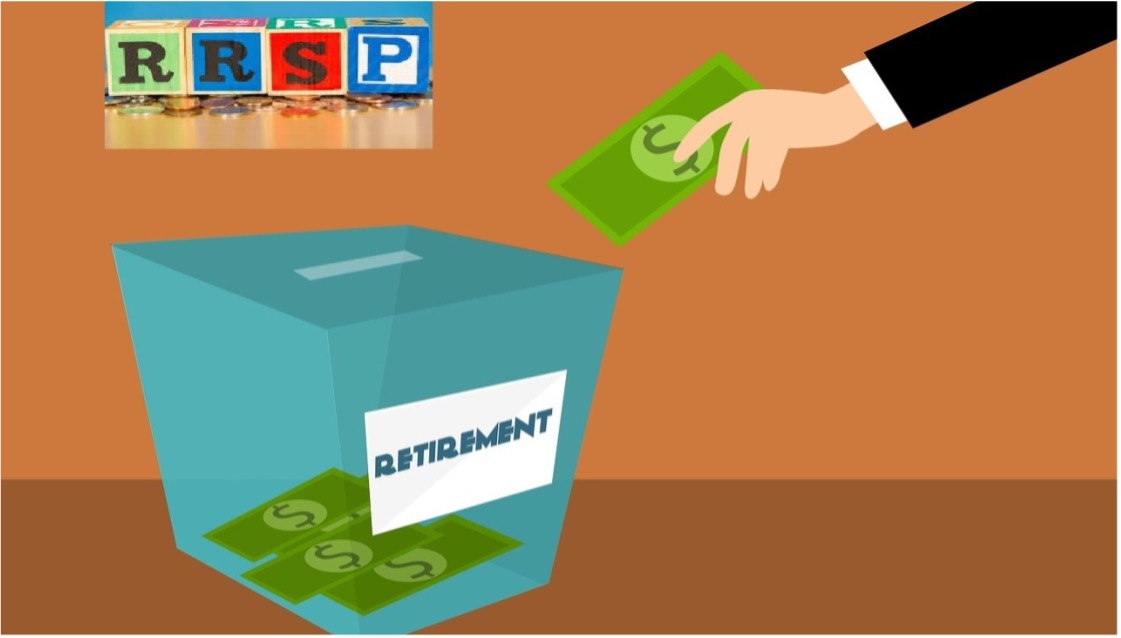https://www.facebook.com/Financial-Fitness-Canada-108339910583152/
Financial situations around the world are always changing, and people often find themselves unemployed or even homeless. It is therefore vital to maintain financial fitness by following the mantra of spending less and saving and investing more.
Financial fitness can be achieved by making basic lifestyle changes. Once you gradually inculcate positive financial habits, it will end up becoming a part of your daily life, and act as a preventive measure to financial adversities in the future.
Listed below are top 10 tips that can help achieve and boost your financial fitness:
- Ensure that you are in control of your finances irrespective of your level of income. This can be done by analyzing and understanding the reasons for working, saving, investing, and spending. Once you have it figured out, start taking small steps towards financial fitness instead of taking drastic steps.
- Analyze the expenses and figure out which ones are fixed expenses and which ones are not. Then evaluate the numerous expenses against your total income and determine the areas where you can cut or limit the spending. This will not only help avoid unwanted spending, but also add to the overall bank balance.
- Find out the different problematic areas. It is very essential to do ascertain different bad expense choices as they often remain unnoticed, eventually leading to uncontrollable debt. Try and cut down bad choices slowly so as to be able to maintain your focus on the end-goal of financial fitness.
- Regularly make goals and keep assessing them at different intervals. You can set goals for the short-term, medium-term, and the long-term. You can regularly assess the short term goals and find out how they are contributing towards achievement of medium and long term goals. In case, they are not working, then find out other strategies to achieve them.
- Keep a track of the progress of your financial health by ensuring that each goal is measurable. Make sure that the goals are specific and not broad. Also, ensure that you are realistic whilst setting your goals and take personal accountability for any failure. Setting a deadline for each goal can help track your progress.
- Limit the use credit cards as they are one of the top sources of unwanted spending. You may use credit cards for buying only certain things or you may stop the use of credit cards every alternate week. During such times use debit cards or cash in hand for expenses.
- Check up on the health of your debt. It is important to know that there are different kinds of debt; some help improve the credit score, while others are detrimental. Cut down on the latter, one by one.
- Create an Emergency Fund. Having an emergency fund can be of great help during times of emergencies such as hospitalization, car repair, etc. A contingency fund can be dug into during urgent cash requirements and thus help avoid unwanted borrowing.
- The financial and investments markets are forever volatile and there is just too much noise in this world of rapid global communications. It is important to avoid all such din, inspect only the reliable advice, and follow through only on things that bear financially fruitions. Stick to the well-laid out rules-based financial plans for financial fitness.
- Learn about high-end financial management aspects such as tax and cost management; difference between volatility and risk; and creation of a policy statement for investments, etc. Ensure that such aspects are in tune with your personal financial goals and strategies.
Finally, ensure that you adhere to the above discussed ten tips and other personally relevant regime to ensure enhanced financial fitness.

